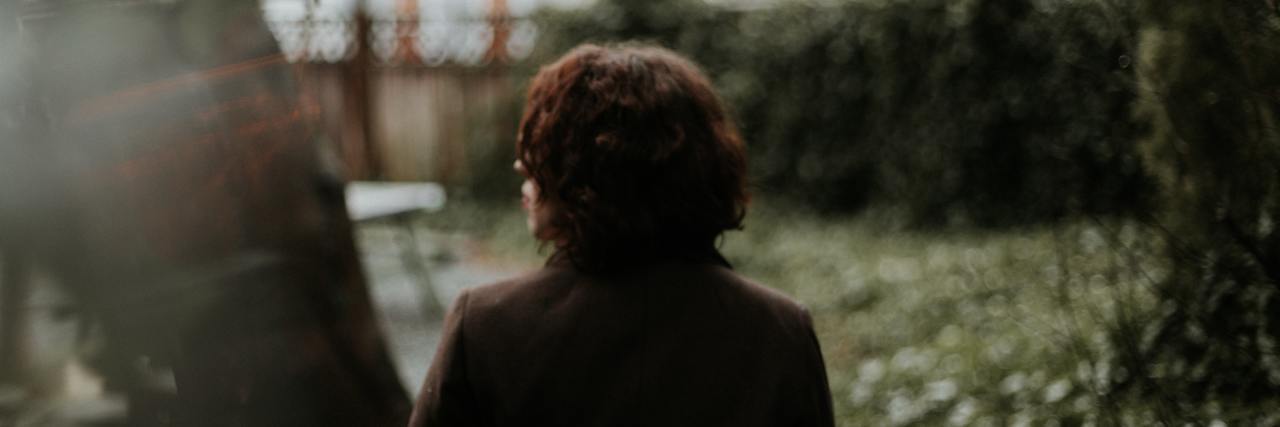National Eating Disorders Awareness (NEDA) Week kicked off on Monday, running from February 24 to March 1. Each year, the National Eating Disorders Association (NEDA) selects a focus “theme,” and this year’s theme is “Come As You Are: Hindsight is 20/20.” They posted a prompt on their Instagram page over this past weekend: If you could go back, what would you tell your younger self?
Oof. A loaded question. I stopped my scrolling and initially just felt angry, and then sad. So sad. And while I am not sure I’m in a place to compose my thoughts in an entirely eloquent manner, I want to try.
What would I tell the 9-year-old me, if I could go back?
My mind instinctively jumps to the obvious answers:
“How about let’s not go on the ‘Special K’ diet? This will ruin your entire life.”
“Let’s not water the hospital plants with your tube feeds.”
“How about you stop fighting all of the people who are trying to help you?”
I have, especially in recent years, spent a lot of time in that place of regret and frustration towards the younger me who couldn’t “get it together,” wishing I had been someone who had been able to “make treatment work the first time,” wondering if it could have been different had I not been smearing peanut butter under the tables and sneaking out to run laps in the desert every night.
But the reality is that being in that space is futile because not only can we not go back, but when I think about the younger me, and even the me just a few years ago, I was doing the best I could to survive what never should have been survivable. It couldn’t have been different, despite how much I wish it was. And I think that goes for all of us.
Eating disorder treatment as a whole has come such a long way, and I’ve also often wondered if things could have been different had the providers I first worked with been more informed, had treatment not just been a feeding tube and a Bible and “the lowest possible goal weight.” And maybe it would have been. But even then, I don’t believe anyone ever had ill intent. They just didn’t know. They were doing the best they could. And the same can be said for my parents, for the things they missed, the ways in which they failed me; they were doing the best they could under impossible circumstances no parent should have to navigate.
I am not someone who believes “everything happens for a reason.” That saying is actually my biggest pet peeve (coming from someone with a lot of them), but all of this is to say: I don’t think the given prompt or theme is helpful or relevant. People don’t develop mental illnesses as a poor judgment call, which is essentially, in my opinion, what “Hindsight is 20/20” implies. Of course I didn’t know what I was getting myself into back when I initially began struggling, but if I had? I still don’t know that anything would have been different. Even in my more recent relapses and in my continued struggling, I have the insight. I “know better.” And sometimes, that still doesn’t change anything because again, I am doing the best I can with what I have and where I’m at after 18-plus years of struggling with this disorder.
That is all any of us can do, hindsight or not.
Photo by Priscilla Du Preez on Unsplash

